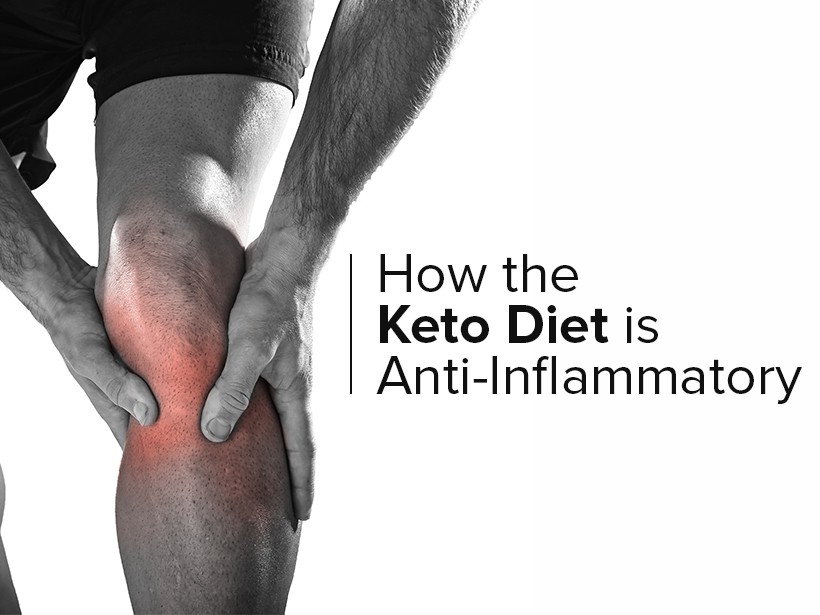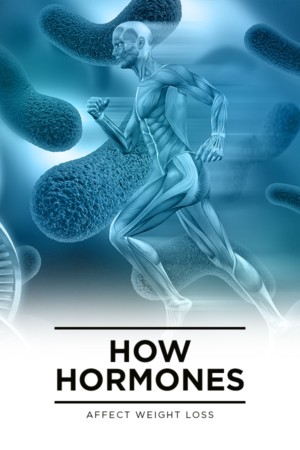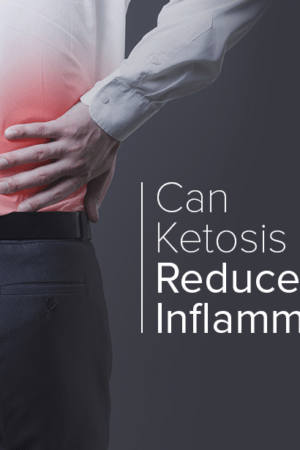Inflammation can be a major issue in life for many reasons. Most people are familiar with acute inflammation, or what is normally associated with some kind of wound. When you have a cut or a scrape, the area becomes tender, red, and swollen. This occurs because the body is rushing additional blood to the area to flush away harmful bacteria and flood the area with white blood cells to prevent and fight infection. This kind of inflammation is good.
The other type of inflammation is chronic, and this is problematic. Chronic inflammation is the result of repeated inflammation at the same site in the absence of a wound which slowly begins to erode or destroy the tissues in that area. Chronic inflammation may lead to a host of issues, including hay fever, periodontitis, atherosclerosis, rheumatoid arthritis, and even cancer.
In fact, chronic inflammation is often referred to as the process of aging due to the fact that the majority of age-related illnesses share inflammation as a common root cause; this process is known as inflammaging1. In 2013 the Advances in Gerosciences meeting held at the National Institutes of Health/National Institute on Aging in Bethesda hosted a panel on inflammaging, and one of the interesting statements made was that many aged tissues often exist in a chronically inflamed state.
If some wound or injury is what triggers acute (i.e., the good kind of) inflammation, what causes chronic inflammation?
Some contributing factors can be at fault: stress, low-level infections, or toxins, to name a few. None of these come as a shock to the average reader, but what may surprise you is that a significant source of chronic inflammation is the food that we eat. Some of the most common inflammation-causing foods are:
- Processed sugar. It can be found virtually everywhere in Western society, as John Oliver found out. Processed sugars trigger the release of cytokines, which cause inflammation. Sugar is listed by a number of names on ingredients; the easiest way to identify them is to look for ingredients that end in -ose, such as glucose and sucrose.
- Processed fats. If you’re familiar with the keto diet you know how important fats are; however, these are natural fats, such as coconut oil, eggs, olive oil, avocados, fish oil, and flaxseed. The more processed saturated and trans fats are, the worse they are for you, such as canola, corn, soybean, and peanut oils. You’ll find these most commonly in processed, fried foods. You’ll specifically want to avoid anything that has hydrogenated or partially hydrogenated oil in the ingredients list.
- Refined carbohydrates. These are simple carbohydrates that are found in white flour products, white rice, processed white potatoes (e.g., French fries, instant mashed potatoes). These are high-glycemic foods that fuel the production of advanced glycation end (AGE), which cause inflammation.
- Mono-sodium glutamate (MSG). MSG is found in many processed foods, particularly Asian dishes and fast food meals.
- Gluten can be a very common trigger for those suffering from celiac disease, irritable bowel syndrome (IBS), Crohn’s disease, and other gut-based autoimmune disorders. Even in people who don’t suffer from these conditions, gluten can often trigger low levels of chronic inflammation.
The most common factor that the foods on the above list have is that most of them are processed by the body into glucose or sugars; this is what the brain usually uses as its main fuel source in a modern, western diet. One of the main goals of the keto diet, however, is to replace glucose with fatty acids and ketone bodies as the liver converts good fats into these alternate fuel sources. Ketone bodies burn more efficiently than carbs, resulting in less oxidation and fewer free radicals that can damage your cell membranes.
A 2017 study conducted at the University of California San Francisco2 found that reduced glucose metabolism activated a protein called CtBP which acted to suppress the activity of inflammatory genes. Lead researcher Raymond Swanson, MD, stated: “I was most surprised by the magnitude of this effect because I thought ketogenic diets might help just a little bit. But when we got these big effects… I thought wow, there’s really something here.”
As the body gets used to utilizing non-glucose fuels, many of the typical sources of food-based chronic inflammation are mitigated or outright eliminated. Not only does this decrease the chances of inflammation-based illnesses and pain, but it also slows the process of aging.
The keto diet is beneficial to the human body for a number of reasons, and a decrease of chronic inflammation is certainly near the top of the list.
NUTRITIONAL DISCLAIMER
The content on this website should not be taken as medical advice and you should ALWAYS consult with your doctor before starting any diet or exercise program. We provide nutritional data for our recipes as a courtesy to our readers. We use Total Keto Diet app software to calculate the nutrition and we remove fiber and sugar alcohols, like erythritol, from the total carbohydrate count to get to the net carb count, as they do not affect your blood glucose levels. You should independently calculate nutritional information on your own and not rely on our data. The website or content herein is not intended to cure, prevent, diagnose or treat any disease. This website shall not be liable for adverse reactions or any other outcome resulting from the use of recipes or recommendations on the Website or actions you take as a result. Any action you take is strictly at your own risk.
- The Brain’s Role in Weight Loss - March 11, 2019
- Making Fat Loss EPOC - March 8, 2019
- Overcoming Plateaus - March 6, 2019




